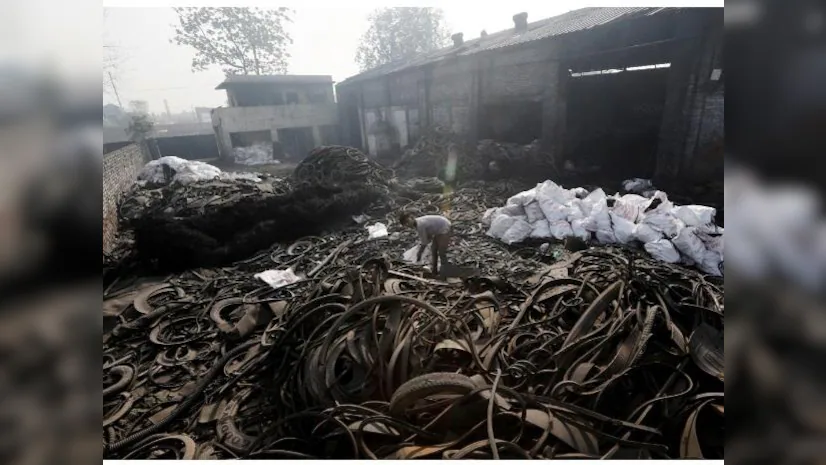The government has mandated that producers of tires made of waste must meet their extended responsibility for producers (EPR) obligations by purchasing EPR certificates from recyclers that are certified.
The Central Pollution Control Board has required that all producers meet the obligations of EPR obligations. EPR obligations for fiscal 2023 and 2024.
EPR is a tool to implement an approach to shifting the burden of environmental impacts of a product to its initial production process placing it on the maker for the life span of the product. This includes the disposal of the product and its removal.
Tyre makers must now guarantee that they dispose of their waste materials. They are required to purchase EPR Certificates for recyclers who have been accredited and are required to provide quarterly and annual reports to regulatory bodies.
“All recycling companies that are registered with the EPA have been required to issue EPR Certificates for the Waste Tyres used again. Recycling companies must also reuse the scrap Tyre that is in their possession and issue EPR certificates for it. The EPR certificates will be issued via EPR portal. EPR portal, in accordance with the regulations for hazardous wastes and other hazardous materials (Management as well as Transboundary Amendment Rules of 2022) according to the SOP/Instructions sheet available on the EPR Portal,” a CPCB notice was issued.
Recycling strategies aim to minimize the environmental impact of tires that have been disposed by diverting them from the trash stream and transforming them into valuable resources that can be utilized in various industries. The final outcomes that come as the result of recycling recycled tires include recycled rubber crumb rubber modified bitumen, crumb recycled carbon black (suitable for use as raw material to make the production of brand new tires) and charcoal and pyrolysis oils (exclusively used for fueling vehicle engines, however not for the production of the new tire).
Recycling companies are also able to offer EPR Certificates to producers in line with the needs which have been outlined. If either recyclers, or the producer is not able to meet the standards or requirements, they could be subject to a penalty.
“Necessary actions as per the rules will be initiated against non-complying entities,” the notice said.
Importers and manufacturers of brand-new tires in India face increasing requirements to recycle under the EPR policy. Starting by allowing 35 percent to their 2020-21 production by 2022-23. The goal increases to 70 percent in 2023-24 prior to hitting 100 percent production in the previous year by 2024-25.
The addition of new units to the program after two years and will reach total accountability after three years. Importers who import waste tires face the more difficult task of maintaining all of the tires they bought prior to the year prior, and imports that cause combustion of char or pyrolysis specifically are not allowed.

